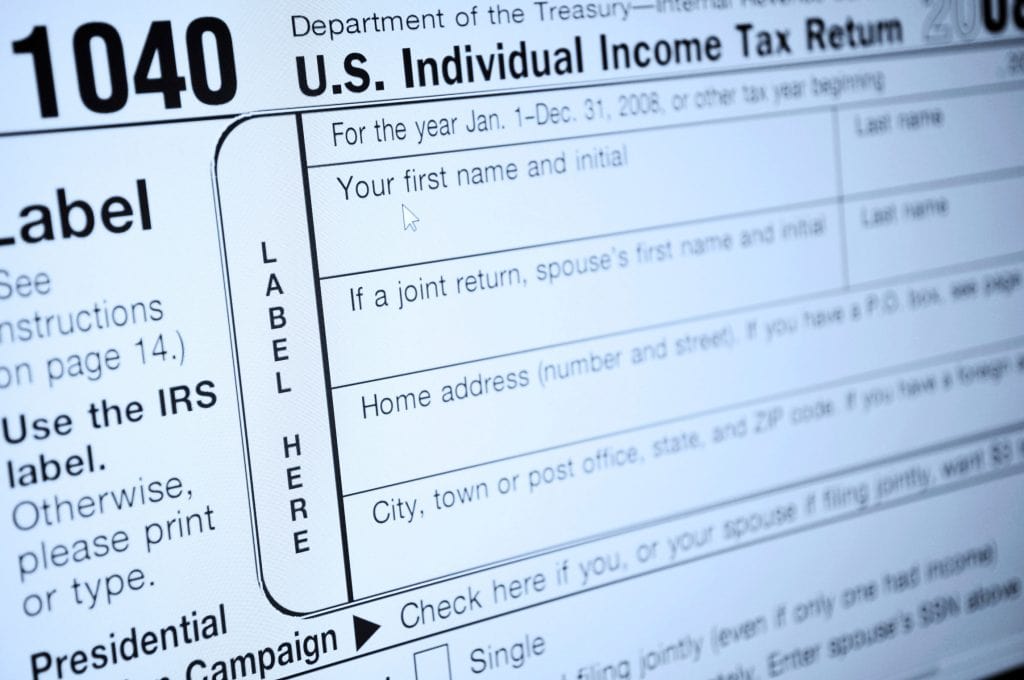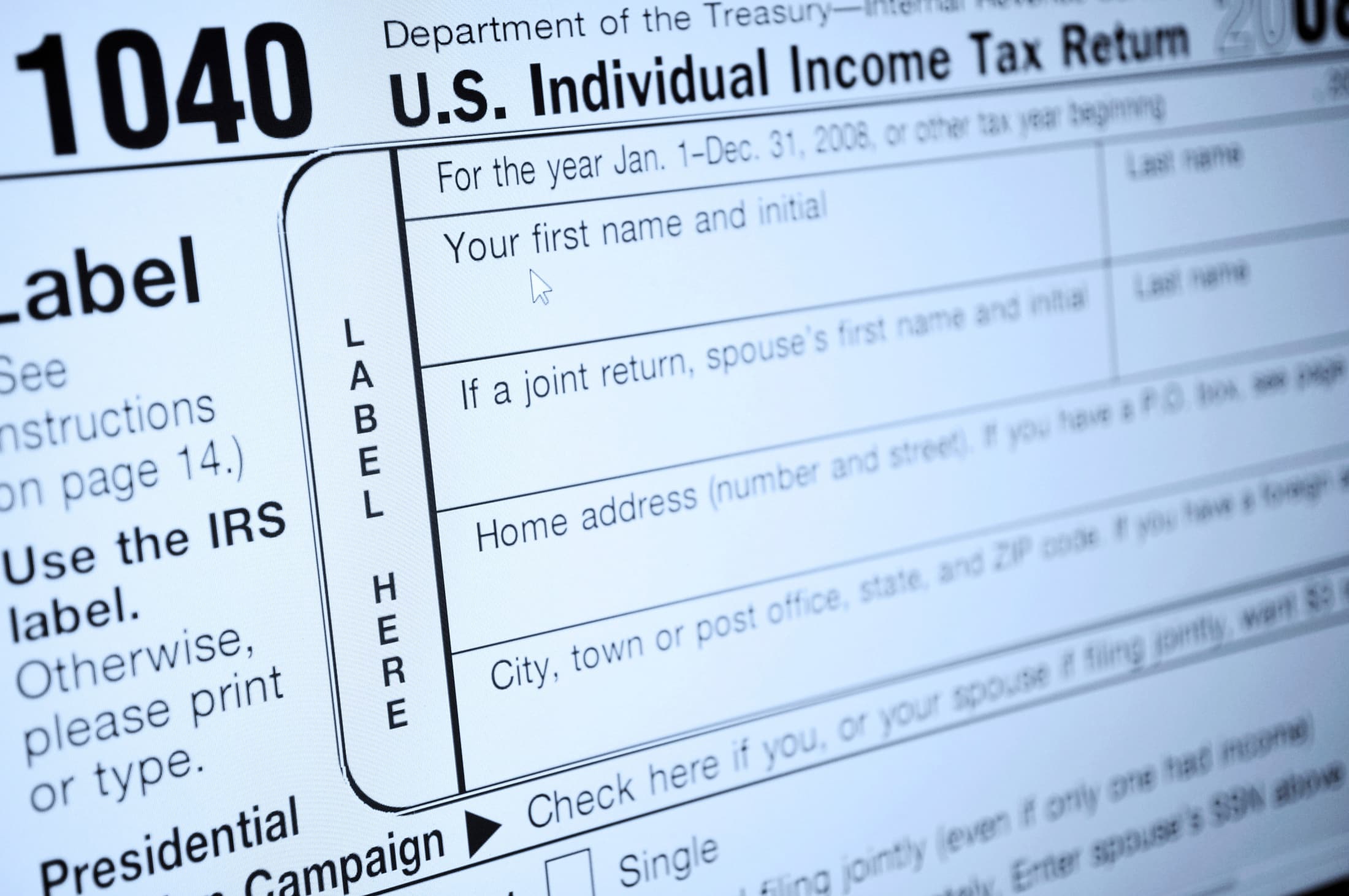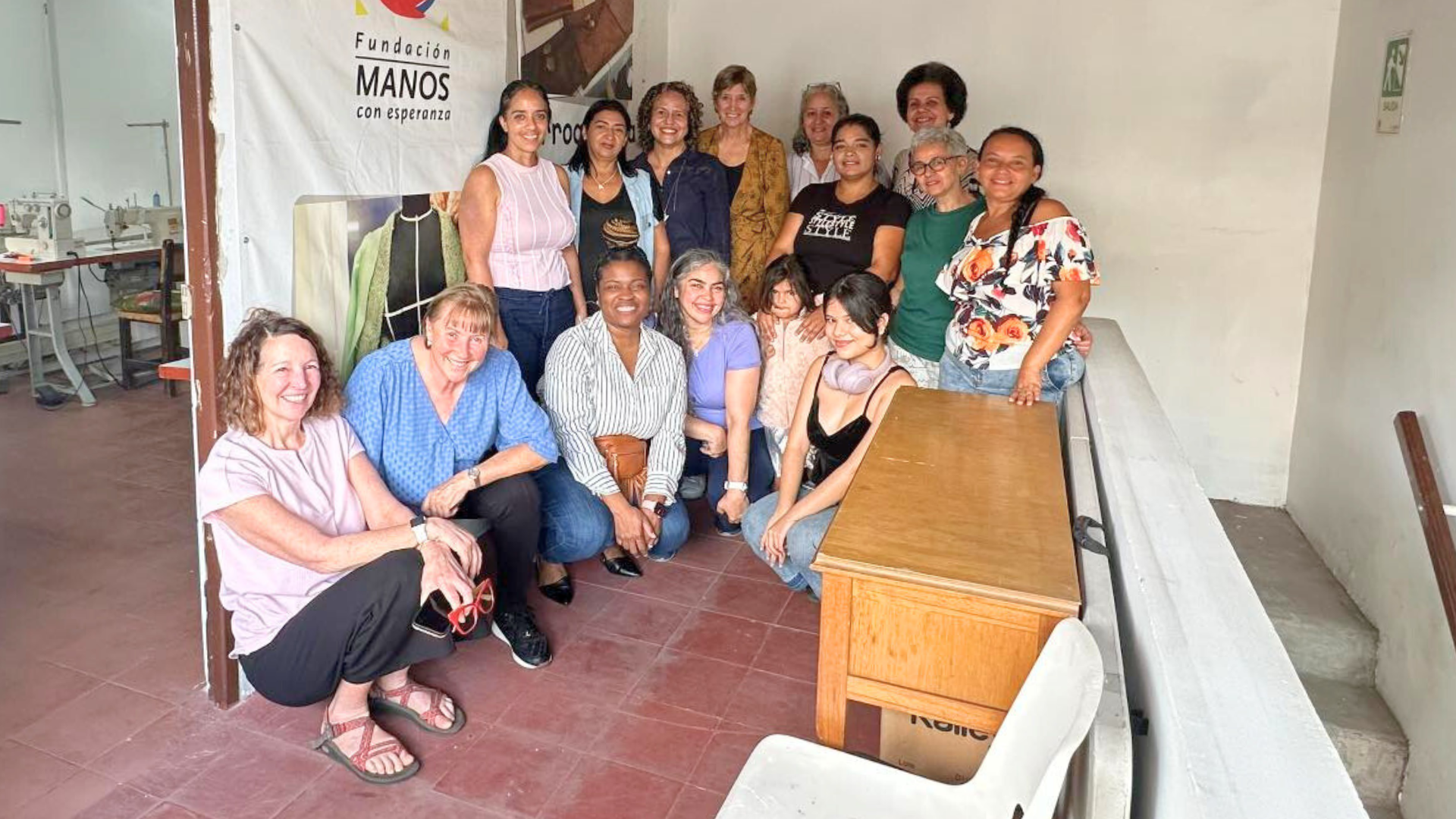 CHICAGO, IL (October 13, 2017) – A federal judge’s recent ruling that housing allowances for clergy are unconstitutional will likely be stayed until it is decided by the U.S. Supreme Court, said Daniel Miller a partner in the law firm Conner & Winters. “But ministers and congregations should prepare for the very real possibility that in a day not too long from now that the housing allowance will go away,” he said.
CHICAGO, IL (October 13, 2017) – A federal judge’s recent ruling that housing allowances for clergy are unconstitutional will likely be stayed until it is decided by the U.S. Supreme Court, said Daniel Miller a partner in the law firm Conner & Winters. “But ministers and congregations should prepare for the very real possibility that in a day not too long from now that the housing allowance will go away,” he said.
Miller has acted as legal counsel to many denominations, including the Covenant, who are part of the Church Benefit Association, and is a leading voice on church benefit plans and legal matters.
It most likely will be two years or longer before the Court weighs in, Miller said. “Given the stakes here and the far-ranging negative impact this will have on churches and clergy, there will be a stay of enforcement until the Supreme Court can decide the issue. It’s an enormous issue for the churches, just enormous.”
The federal law passed in 1954 provides a tax break to clergy, allowing them to deduct housing-related expenses, including the rental value of a home, from their taxable income. Nationwide, the exemption amounts to roughly $800 million a year, according to the congressional Joint Committee on Taxation. For a more complete explanation of the housing allowance, click here.
Defenders of the allowance say that if it is found unconstitutional, many churches would have to close because they would not be able to make up for the loss of the tax break in their pastors’ compensation.
This is the second time that Wisconsin District judge Barbara Crabb has found the benefit unconstitutional. She ruled in 2013 that the benefit was unconstitutional because it violated the First Amendment Establishment Clause, which reads, “Congress shall make no law respecting an establishment of religion, or prohibiting the free exercise thereof.”
Crabb stayed her decision until the Seventh Circuit Court of Appeals in Chicago could rule on an appeal. The court overturned the decision in 2014, determining that the Freedom from Religion Foundation (FFRF), which brought the suit, did not have standing because they couldn’t show they had been harmed by the benefit being extended to clergy. The court did not rule on the constitutionality of the housing allowance.
In response, the FFRF altered how it compensated its co-presidents to match the way clergy receive the allowance. The Department of Justice defended the allowance when it said the atheists qualify as “ministers of the gospel” and should be eligible for the exemption. When the IRS did not grant the exemption, the FFRF sued.
The FFRF challenged only the part of the law that impacts clergy living in homes they have bought or rent. The allowance for ministers living in church-owned parsonages will remain.
Crabb emphasized in her ruling that her decision was not anti-religion. “In reaching this conclusion, I do not mean to imply that any particular minister is undeserving of the exemption or does not have a financial need for one,” Crabb wrote. “The important point is that many equally deserving secular employees (as well as other kinds of religious employees) could benefit from the exemption as well, but they must satisfy much more demanding requirements despite the lack of justification for the difference in treatment.”
Crabb’s ruling applies only in Indiana, Illinois, and Wisconsin, but would impact all clergy across the country whenever it is upheld or struck down. The ultimate decision will also impact retired clergy as they are permitted to claim a housing allowance on retirement benefits accrued during their time of ministry.
Paul Hawkinson, ECC director of finance and treasurer, said, “We will continue to closely monitor the legal process surrounding this important issue—both for active and retired pastors. We will advocate alongside other denominations and plan as best we can for the future as the complex legal process unfolds.”
Miller said there will be “a lot of brainstorming happening” about what to do if the law is struck down.
One way to mitigate the change might be to consider clergy as employees of the church. Most are currently considered self-employed and pay what would normally be the church’s portion of the Social Security tax (FICA). If clergy were considered employees, then churches would pay half of the FICA tax. “But then that’s going to be a hit for the church,” Miller said.
Another option might be available to clergy and congregations if a minister is required to live near the church, “Right now, if your employer requires you to live on the premises or near the premises of your work, then the value of the housing can be excluded, and that’s available to everyone. For example, if a university requires a security guard to live near the campus, the value of that housing would be excluded,” Miller said.
“Any way you look at it, it’s going to be a huge challenge for any house of faith,” he said.













